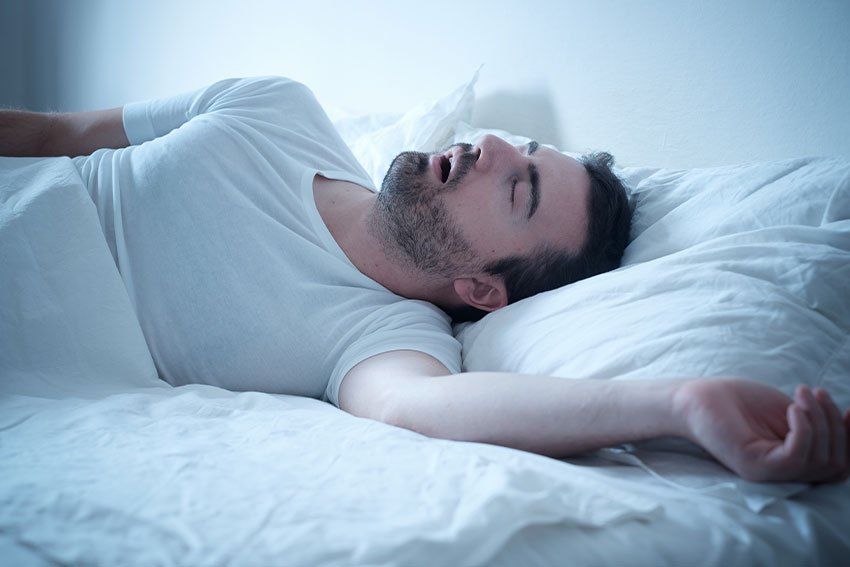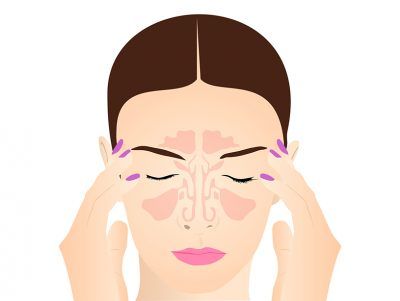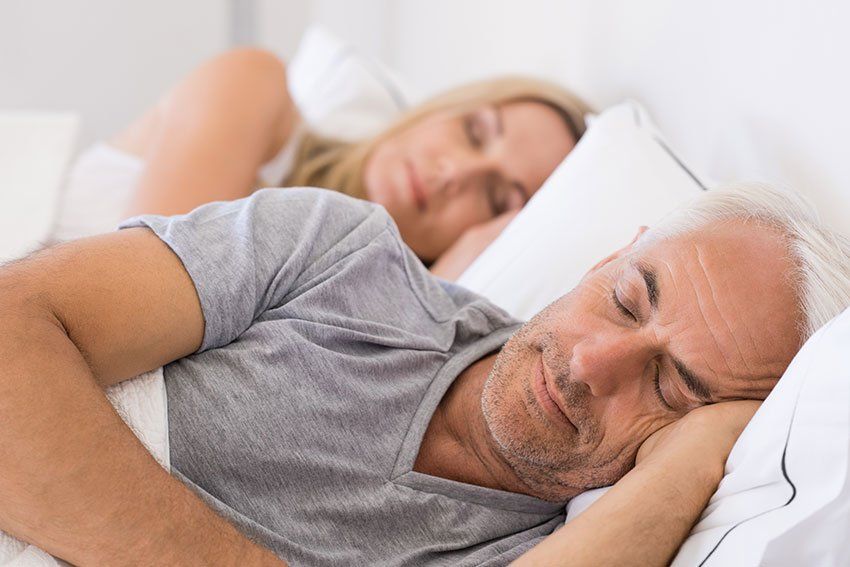How Much Sleep Do I Need?
Sleep Needs Change with Age
As we grow up, mature, and grow old, our sleep needs change. That is why sleep recommendations vary depending on your current age. In addition, there are multiple different sets of recommendations for the amount of sleep needed, coming from different groups that study sleep. The CDC compiled a list of recommended sleep durations by age, and marked them according to the group that made the recommendation:National Sleep Foundation (SF), American Academy of Sleep Medicine (ASM), or the Sleep Research Society (SRS)--usually in association with the AASM.
- Newborns (0-3 months): 14-17 hours (SF)
- Infant (4-12 months): 12-16 hours (ASM)
- Toddler (1-2 years): 11-14 hours (ASM)
- Preschool (3-5 years): 10-13 hours (ASM)
- School Age (6-12 years): 9-12 hours (ASM)
- Teen (13-18 years): 8-10 hours (ASM)
- Adult (18-60 years): 7 or more hours (SRS)
- Older adult (61-64 years): 7-9 hours (SF)
- Elderly adult (65+ years): 7-8 hours (SF)
Through preschool age, the sleep recommendations include naps, so these are not recommendations for all overnight sleeping. Of course, people of all ages can incorporate naps into their daily routine to try to achieve the recommended amount of sleep, but with older children and adults, these could be a sign of sleep problems.
Making the Most of Your Sleep Hours
Of course, for many people there are problems in trying to achieve the recommended sleep times. Even if you set aside the right amount of time, you might not be able to get that much sleep.
Here are a few tips to help you get the most of your sleep time.
Schedule: Try to stick to a regular sleep schedule. This means consistent bedtimes and waking times, even on the weekends.
Habits: There are many ways to incorporate habits that will help you get the most high quality sleep. First, get a good bedtime ritual that helps you relax. This means doing things like turning off electronics for a while before bedtime--including the TV and your phone. Exercise during the day, but not too close to bedtime. Also avoid caffeine and alcohol too close to bedtime. Although a nightcap might seem like a good idea, alcohol can actually interfere with your sleep.
Environment: Make sure your sleeping environment has the right temperature. Reduce light levels and sound levels as much as possible, and make sure your mattress and pillows are comfortable.
Still Not Getting Enough Sleep?
If you are following sleep guidelines but still don’t feel like you’re getting enough sleep, you might have sleep problems. While individuals might need a little more sleep than is recommended, if you find that you need several hours more than the recommendation or simply can’t seem to get enough sleep, you should seek help.
One of the most common reasons why people don’t feel rested after getting enough sleep is sleep apnea. We can help you evaluate your sleep quality so that you can determine whether you have sleep apnea or another serious sleep condition.
The Michigan Center for TMJ and Sleep Wellness in Troy, MIcan help you get a home sleep test, and then help you find the help so you can get the right amount of rest every night. To learn more, please call (248) 480-0085 today or use our free virtual consultation to talk to sleep dentist Dr. Jeffrey S. Haddad, serving the entire Detroit area.













